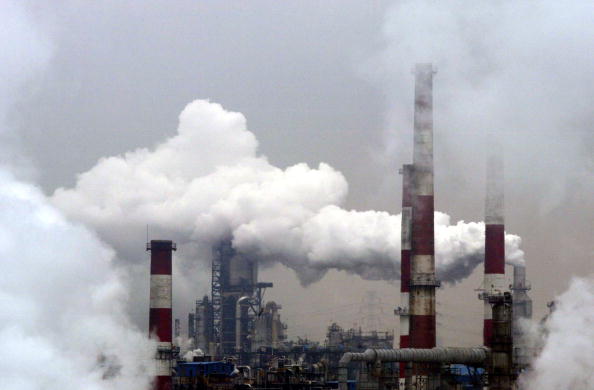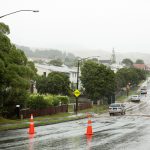Farmers and residents in Glenavy, southern Canterbury, are raising concerns about a proposed waste-to-energy plant near their community.
The $350 million project, which aims to convert 365,000 tonnes of trash into electricity annually, has received fast-track approval. Critics fear the plant could release harmful pollutants, affecting air quality, local farms, and food safety.
The plant, a joint venture between China Tianying Incorporated and New Zealand’s Renew Energy, has promised to use advanced technology and comply with strict environmental standards. However, Glenavy School board trustee Adam Rivett expressed concerns about dioxins released by such plants, saying children are more vulnerable to air pollution than adults. Green Party MP Lan Pham also criticised the project, arguing it could harm the environment and public health.
Local farmers worry about the impact on their livestock and exports. Sheep and beef farmer Ross McCulloch noted that toxins could contaminate grass, potentially harming the quality of meat, wool, and milk from the area. This fear is heightened by the plant’s proximity to dairy factories, including those run by Fonterra, which has previously voiced food safety concerns about similar projects.
While the government assures environmental impacts will be carefully evaluated, many locals remain unconvinced. Rivett and McCulloch question the transparency and reliability of the project, leaving the community divided as the decision looms.













I agree with the public
ok this is a coool project